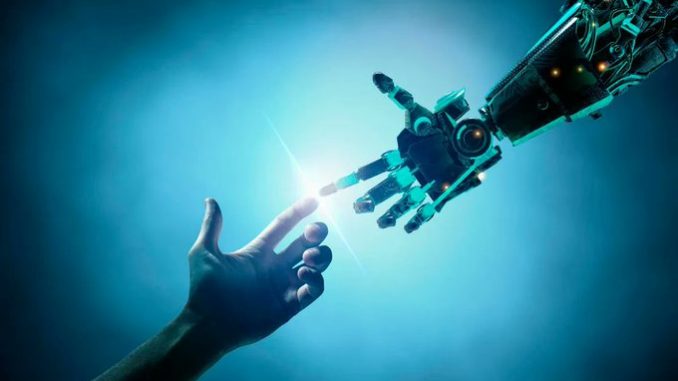
Spoiler alert, the answer is both.
Human-versus-computer chess matches, particularly Kasparov versus Deep Blue, contributed to mainstreaming the whole man-versus-machine discourse. Those games, in which some of the best humans to have ever played chess lost to computers, helped entrench a narrative of contest/conquest that continues to shape how we view our relationship with computers.
Isaac Asimov’s three laws of robotics laid the groundwork for this man-versus-machine narrative. Even still, it framed the relationship in a slave-master context where one only existed to be subjugated by the other. So, the apprehension or astonishment with which many greet AI advancements today is unsurprising. People are either fretting that the servant could escape its cage and take ultimate vengeance on us—by taking our jobs, conquering our homes and using our tech against us. Or, some are excited about how much more we can get the servant to do for us as long as we keep it securely chained. Both fears and expectations are wrongheaded, and so are the premises that inspire them.
It is simply a remnant of western hubris that we must subjugate something to get the best out of it, whether it’s humans or machines. We have to entirely do away with this thinking, at least for productivity’s sake. We are at our creative best when we enable collaborative and synthetic systems. This is just as true for our relationships with AI. The idea that robots are made solely to serve and obey limits what we can achieve with them to the expectations and designs of human intelligence—no matter how exceptionally imaginative those might be. It also propagates a culture where omniscient attributes are ascribed to AI, and the role of human collaboration is virtually denied.
